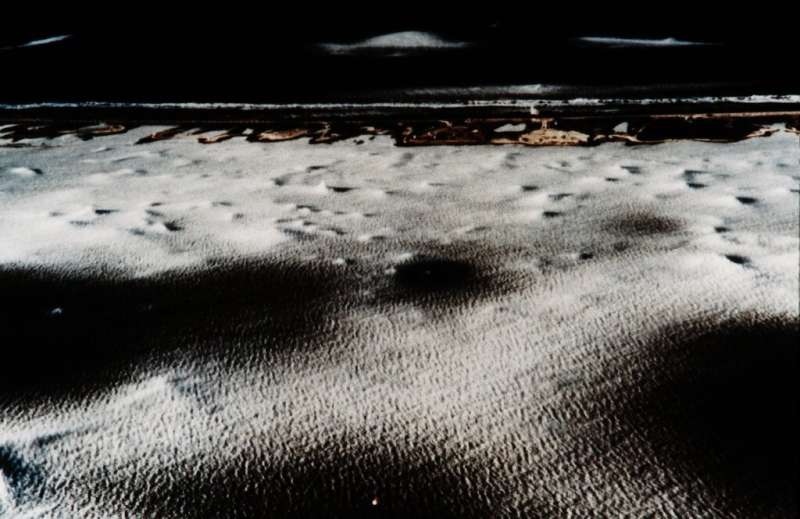This article has been reviewed according to Science X's editorial process and policies. Editors have highlighted the following attributes while ensuring the content's credibility:
fact-checked
peer-reviewed publication
reputable news agency
proofread
French Polynesia nuke tests slightly increased cancer risk: Study

Polynesians exposed to fallout from France's nuclear tests in the South Pacific have a slightly increased risk of developing thyroid cancer, a study suggested on Monday that used declassified military data for the first time.
France carried out 41 atmospheric nuclear weapon tests in French Polynesia between 1966 and 1975, exposing residents to fallout which has been a source of lasting friction between Paris and residents of the Pacific archipelago.
The study, published in the journal JAMA Network Open, used risk modeling to estimate that the nuclear tests were associated with between 0.6 percent and 7.7 percent of thyroid cancers in French Polynesia.
"This is the proportion of thyroid cancer attributable to the tests among all the cases of thyroid cancer that have or will develop in the people present at the time of the tests, in all islands combined," the study's lead author Florent de Vathaire told AFP.
The impact of the nuclear tests was "weak but not at all non-existent," said de Vathaire, a radiation expert at France's INSERM medical research institute.
The study compared 395 people who were diagnosed with thyroid cancer between 1984 and 2016 in French Polynesia with a control group of 555 from the general population.
It was an update from previous research the same team had published in 2010.
"This is the first study that uses confidential army reports declassified in 2013," de Vathaire said.
Using the documents, meteorological data and interviews with the cancer patients, the researchers simulated the radioactive cloud produced by each nuclear test, and estimated the dose of radiation received in the thyroid of each participant.
The average radiation dose for each person was nearly five milligrays, a standard unit of radiation absorption.
The scientists found "no significant association" between the radiation dose and the risk of thyroid cancer, INSERM said in a statement.
But the link was considered significant if the analysis only included invasive cancer requiring treatment.
France moved its nuclear tests underground in 1975, but continued conducting blasts in the Pacific until 1996. Over three decades, France carried out almost 200 tests.
During a visit to the capital Papeete in 2021, French President Emmanuel Macron acknowledged that France owes a "debt" to Polynesians for the nuclear tests, calling for confidential military information to be made public.
More information: Florent de Vathaire et al, Assessment of Differentiated Thyroid Carcinomas in French Polynesia After Atmospheric Nuclear Tests Performed by France, JAMA Network Open (2023). DOI: 10.1001/jamanetworkopen.2023.11908
© 2023 AFP



















